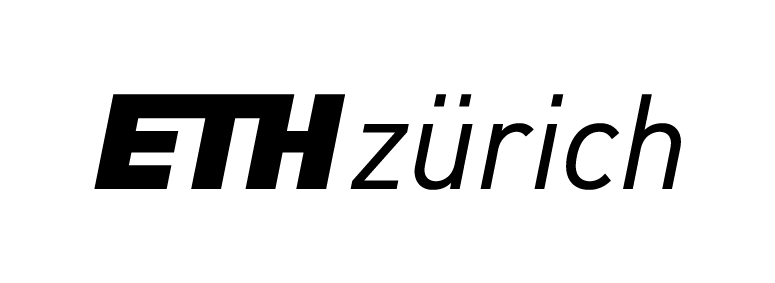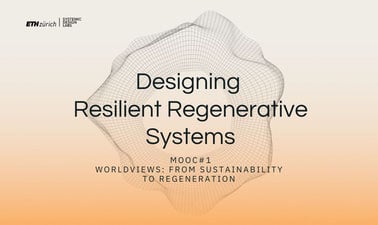- Level Foundation
- Ratings
- Course by ETH Zurich
- Total students 1,824 enrolled
-
Offered by

About
Climate change, biodiversity loss and pan-syndemics are some of today's most pressing complex challenges. Much of our economies and societies are exhaustive, vulnerable, and unfair. We need to actively restore and regenerate ecosystems and their services while transforming our economies to become more circular and just. We require new knowledge systems and cultures leading to transformative action as the human impact on earth needs to be fundamentally redesigned.
Scientific knowledge and reasoning are the fundamental tools to guide policy and management decisions, especially in times of crises. But the limitations of reductionist science are evident due to the lack of widespread action in addressing today's highly complex challenges, which are self-emergent, unpredictable, span across nested scales, depend on societal behavioral transitions, and lack data.
Design disciplines offer creative ways of prototyping solutions in an iterative way. Design responds to a current problem by proposing future pathways, through a feedback exchange from praxis. Designerly praxis can benefit from science, for example by directing interventions and leveraging relationships based on quantitative data. Neither the analytical and descriptive tools of science, nor the iterative process of design alone are adequate for addressing complex challenges. Combining both cultures and methods of reasoning as a fluid, intervention-based and synergistic process is beneficial for fostering the regenerative, transformative action that is urgently required.
Therefore, this MOOC series entitled "Designing Resilient Regenerative Systems" (DRRS) offers four consecutive MOOCs that aim to address these urgent and complex challenges. Participants are invited on a learning journey that includes emphasis on extending our worldviews, concepts like regeneration and resilience, befriending complexity and uncertainty, methods and hybrid practices of science and design, meta-design and the seeing of patterns and root causes, connecting more with our inner self, and becoming bio-regional weavers within communities of transformational learning and praxis.
This first MOOC places global crises in context with local and regional examples for planetary health. Participants build consciousness by questioning the dominant reductionist worldviews that drive our global societies and learn ways of rethinking our relationship with nature as a holistic approach of "interbeing," which places humans as part of the broader web of life.
What you will learn
This MOOC series is about creating positive impact in complex systems. It is about navigating complexity and uncertainty with new tools and practices, such as “organic emergence”: Complex systems are inherently dynamic and unpredictable: their properties are emergent. An organic way to engage with emergence is to trust in having the right tools and techniques to adaptively cope with sudden surprises or challenges, and to reveal hidden opportunities. In this first MOOC “Regenerative Systems: Sustainability to Regeneration” you train your consciousness about dominant and alternative worldviews. You learn the roots of sustainability and pathways to regeneration. You acquire tools to reframe complexity and befriend uncertainty. You learn to reconnect with nature and to design as nature. You gain awareness through practices of physical and mental activation via self-compassion techniques and flow experiences in nature.
Exciting real-world illustrations take you to Hemsedal Norway, Annecy France, Ostana Italy, and Mallorca Spain. This offers a comparative understanding of communities and regions undergoing sustainability transitions across different contexts, cultures, climates and geographies.
The prominent content you will learn in this first MOOC are an update on the current state of sustainability science, different angles to understand regeneration, methods such as systemic design and systems-oriented design, resilience assessment, circularity mapping, visual dialogue, cross-scale design, “view from above” perspectives, biomimicry, transdisciplinary research, real-world elaboration, metadesign, and more.
The MOOCs’ didactics are designed to combine time and place independent virtual learning through pre-recorded conversations, both accessible as movies and audio files, readings, and practical engagement in nature. Virtual content stimulates physical and social interaction in the bio-region of the participants. An accompanying visual mapping process called Gigamapping acts as a designerly way to co-create your own learning journey and connect across the MOOC series to your final transformative design project. Your personal QUEST guides you through your learning journey. Our DRRS virtual network allows you to exchange with other MOOC participants and to find learning partners in your region where you live.
Auto Summary
Discover the transformative course "Worldviews - From Sustainability to Regeneration," designed for those passionate about addressing the complexities of climate change, biodiversity loss, and societal inequities. This foundational course, nestled within the Arts & Humanities domain and brought to you by edX, delves into the urgent need for regenerative and resilient systems. Guided by expert instructors, you'll embark on a journey that challenges reductionist worldviews and fosters a holistic understanding of our relationship with nature. The course skillfully combines scientific reasoning and design disciplines to craft innovative solutions for today's pressing global issues. Through a series of four consecutive MOOCs, you will explore concepts like regeneration, resilience, and the importance of integrating science and design for proactive interventions. Ideal for professionals seeking to expand their knowledge and impact, this course offers flexible subscription options to accommodate your learning needs. Embrace the opportunity to become a bio-regional weaver within transformational communities, and gain the tools to contribute meaningfully to our planet's health. Join us in rethinking and redesigning our future for a more sustainable and just world.

Tobias Luthe

Justyna Swat

Daniel Christian Wahl
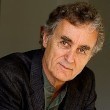
Fritjof Capra
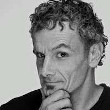
Eric L. Berlow
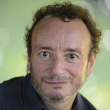
Jeremy Lent
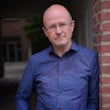
Philippe Vandenbroeck
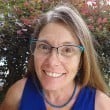
Deborah Bidwell
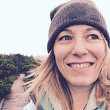
Michelle Fehler
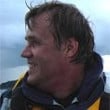
Birger Sevaldson
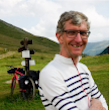
Martin Schütz

Ingrid Halland

Detlev Günther
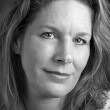
Michaela Emch
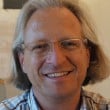
Michael Stauffacher
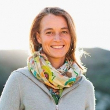
Mirjam Luthe
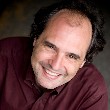
Andrés Edwards
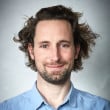
Benjamin Marias
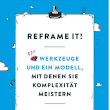
Andri & Gieri Hinnen

More instructors to come

